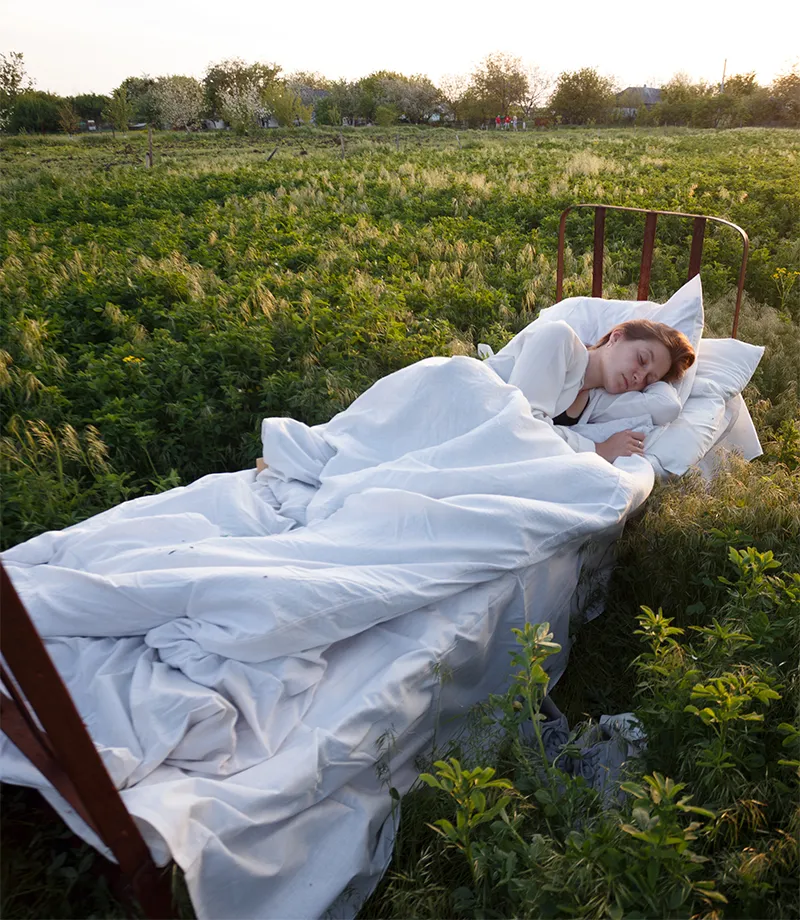Insomnia
Insomnia Specialist in Colorado
What is Insomnia?
Insomnia can be defined as difficulty falling asleep, staying asleep or waking too early in the morning and not being able to fall back to sleep. Patients with insomnia sleep poorly or sleep less despite having adequate time to sleep. Sleeping poorly makes it harder to function during the daytime.
Insomnia is more common in older adults and women. Occasional insomnia is reported by one third to two thirds of adults.
Symptoms of Insomnia:
-
Difficulty falling asleep and/or staying asleep
-
Daytime fatigue or feelings of sleepiness
-
Variable sleep pattern, ie several nights of poor sleep followed by a night of better sleep
-
Difficulty concentrating
-
Forgetfulness
-
Irritability or distress
-
Reduced energy and/or motivation
-
Marking errors or having accidents more often than usual
-
Ongoing worry about sleep

What Causes Insomnia?
Short-term Insomnia
Defined as having insomnia less than 3 months and is usually triggered by stress.
Examples of stressful events leading to short-term insomnia:
- Loss of a loved one, divorce, loss of job
- Recent illness, injury or surgery, onset of pain
- Use or withdrawal from stimulants (caffeine), illegal drugs (cocaine and methamphetamine), alcohol or certain medications
- Changes in the sleeping environment (light, noise, temperature, bed partner)
Long-term Insomnia
Defined as having insomnia longer than 3 months and occurs at least 3 nights per week.
It often occurs with other conditions such as:
- Mental health problems, such as depression, anxiety disorders, or post-traumatic stress disorder, alcohol or drug abuse, and some medications used to treat mental health disorders
- Medical illnesses such as high blood pressure, diabetes, respiratory disorders, disorders causing stress, pain or limitation of movement or some medications used to treat these disorders
- Neurological disorders, such as Parkinson Disease or Alzheimer disease
- Other sleep disorders such as sleep apnea, restless legs syndrome, or internal body clock disorders can also contribute

How is Insomnia Diagnosed?
A healthcare provider will start by asking about problems you have with your sleep and how much time you spend in bed. A bed partner or roommate may be helpful in answering some of these questions. The provider will also ask about other medical or mental health problems that may contribute to sleep difficulty as well as other symptoms you may be experiencing.
A physical examination may also help with the diagnosis of other medical conditions which could be causing or worsening your sleep problems.
Typically, tests are not required to diagnose insomnia, but may be warranted to identify other sleep disorders:
-
Sleep study: A sleep study may be performed in your home or in a sleep lab to evaluate movement, breathing and other physiologic functions. This test may be used to evaluate if another sleep disorder is suspected.
-
Actigraphy: Records activity and movement with a motion detector using a watch like device worn during the day and night. It also measures exposure to light. It is worn typically for 1 to 2 weeks at home to gather how much and when you are sleeping.

Insomnia Treatments Offered:
Cognitive Behavioral Therapy for Insomnia: Cognitive behavioral therapy for insomnia (CBTi) is the gold standard treatment for chronic insomnia. CBTi involves working with a trained clinician over several weeks to address factors contributing to insomnia. Components of CBT-I include sleep hygiene, sleep restriction or compression, sleep education, stimulus control, cognitive therapy and relaxation exercises. For more information, click here.
Pharmacotherapy: In some instances, medications may be indicated in addition to CBT-i. The type of medication chosen will depend upon age, underlying medical conditions, additional medications you are taking, and the main symptom of insomnia (whether you have trouble falling asleep or staying asleep). Medication classes include benzodiazepines, nonbenzodiazepins, dual-orexin receptor antagonists, histamine receptor antagonists, melatonin receptor antagonists. To learn more, click here.
There are many over the counter sleep aids claiming to improve insomnia. Many include doxylamine or diphenhydramine (Benadryl, ZzzQuil or Nytol) both antihistamines. These may be helpful in falling asleep but are not recommended as long-term treatments for chronic insomnia. Antihistamines can result in daytime sleepiness and other side effects, such as, dry mouth, urinary retention, and blurred vision. These should be used with caution in older adults as they can cause memory problems or confusion.
Melatonin is used to treat other sleep disorders but is not recommended as treatment for chronic insomnia in most cases.